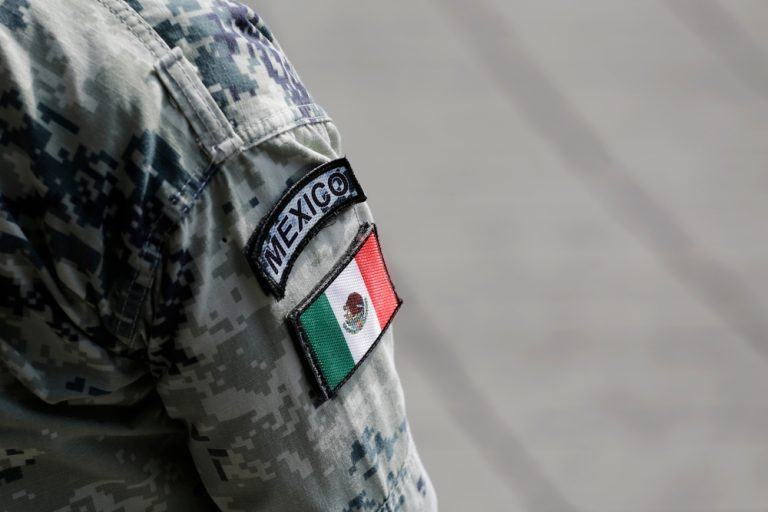Mexican army troops killed 19 suspected drug cartel gunmen in a shootout in the northern state of Sinaloa, without suffering any casualties, according to the Defense Department. The confrontation took place on the outskirts of Culiacán, the state capital, an area that has been embroiled in violent conflict between rival factions of the Sinaloa cartel since early September.
Details of the Confrontation
The shootout occurred on Monday after troops detained a high-ranking member of the “Mayitos” faction, a group loyal to the imprisoned drug lord Ismael “El Mayo” Zambada. The suspect, identified only by the nickname “El Max,” was arrested prior to the clash. Following the arrest, the army reported that more than 30 assailants attacked the troops, leading to a gun battle in which 19 suspected gunmen were killed, while at least 11 others managed to escape.
The Defense Department emphasized that the soldiers acted in self-defense, adhering to the rule of law and respecting human rights during the encounter. The army seized 17 rifles, including a .50-caliber sniper rifle, and four machine guns from the scene.
Controversy Over Lopsided Death Tolls
The ruling Morena party has criticized past administrations for similar incidents where death tolls appeared heavily lopsided, with numerous cartel members killed but no soldiers harmed. Critics have suggested that these situations sometimes involve extrajudicial killings or human rights abuses. This most recent shootout echoes a controversial 2014 confrontation in Tlatlaya, where 22 suspects were killed by soldiers, with later investigations revealing that some had been executed after surrendering.
Despite these past controversies, the Defense Department insisted that the troops involved in Monday’s shootout followed legal procedures and acted appropriately under the circumstances.
Infighting Among Cartel Factions
The violence in Sinaloa is rooted in infighting between two factions of the Sinaloa cartel: the “Mayitos,” loyal to Zambada, and the “Chapitos,” led by Joaquín Guzmán López, one of the sons of imprisoned cartel leader Joaquín “El Chapo” Guzmán. The current round of fighting reportedly began after Zambada claimed he had been kidnapped and forced aboard an airplane in July by Guzmán López, who allegedly turned him over to U.S. authorities.
This internal conflict within the Sinaloa cartel has destabilized the region, leading to a series of violent confrontations between rival factions, as each side vies for control.
Human Rights Concerns and Historical Precedent
The shootout in Sinaloa is one of the deadliest and most lopsided confrontations between Mexican military forces and suspected cartel members since the Tlatlaya massacre in 2014. In that incident, at least eight and possibly a dozen suspects were executed after surrendering to the army. While initial reports suggested that the suspects had died in an armed clash, subsequent human rights investigations revealed evidence of extrajudicial killings. Seven soldiers were eventually arrested and charged with abuse of authority, though they were later released and then re-arrested on the same charges.
The incident in Sinaloa is likely to reignite concerns about the conduct of Mexico’s security forces, particularly in areas where cartel violence is rampant. However, the Defense Department’s statement underscores that the army is committed to operating within the boundaries of the law, especially in an increasingly volatile and complex security landscape.
As the conflict between rival factions of the Sinaloa cartel intensifies, Mexico’s military is becoming increasingly involved in direct confrontations with organized crime groups. While the army’s ability to carry out operations without casualties of its own demonstrates its tactical effectiveness, questions about the legality and proportionality of these operations persist. The government and military leadership will need to address concerns about human rights abuses as they continue to navigate the difficult task of maintaining security in cartel-controlled regions.


